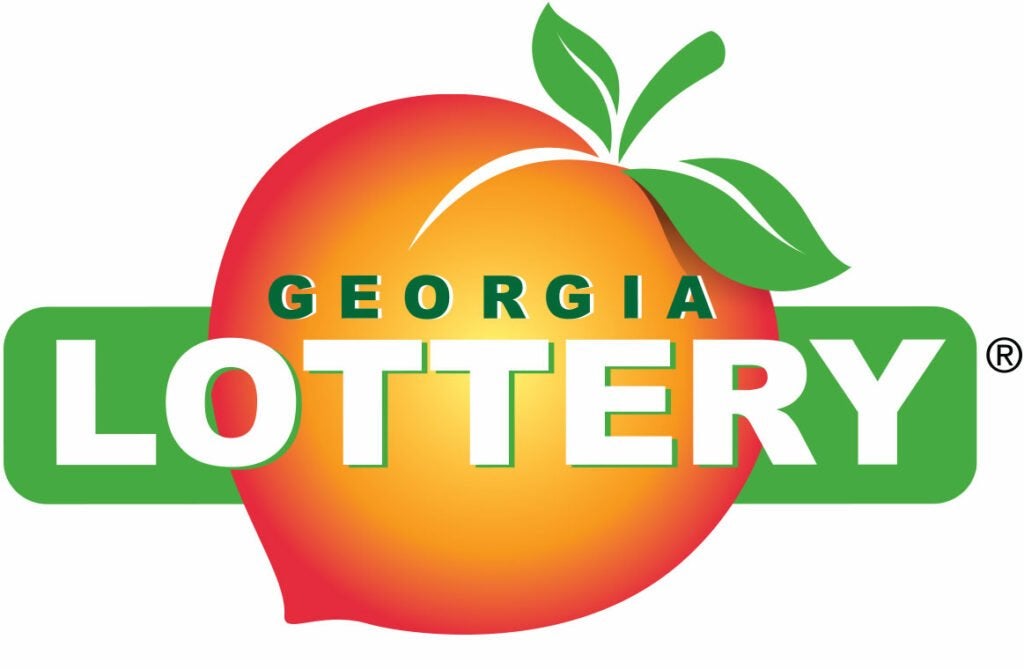In our dizzy, busy, tumultuous, often chaotic world… filled with economic uncertainty… our society values financial security, money, affluence, influence and material possessions (“toys”) as a definition of success, fulfillment and a measuring stick for happiness.
Nothing could be further from the truth!
Prosperity and having an abundance of assets is not a sin. It’s not immoral or illegal. However, when one ranks money and possessions as more important than “real” assets such as good health… a loving family… respect in the community… a sound education… spirituality… a benevolent heart… the pride of accomplishment… having loyal and longtime friends… and more… their priorities and life’s focus are misguided. After all, living an “abundant life” is often very different than living a life filled with material wealth and “abundance.” One can surely live an abundant life regardless of financial circumstances. The reverse doesn’t necessarily happen.
Many people fail to realize that sometimes possessing wealth leads to being possessed by wealth. Raggae legend Bob Marley sang, “Don’t gain the world and lose your soul. Wisdom is better than silver or gold.”
In short, there are three outcomes typically related to wealth…enjoy it… give it away… or lose it. Only one outcome brings satisfaction, ongoing rewards, continued fulfillment, great personal pride and self-actualization and that is “giving it away.” This isn’t to say that philanthropy is the key to happiness. It is to say, however, that wealth for wealth’s sake alone cannot, nor will not provide an individual happiness and contentment.
The real measure of a person’s wealth is how much he would be worth and valued if he lost all of his money.
There is a memorable essay written by Benjamin Franklin in 1779 that provides an excellent parcel of learning related to the “joys vs. toys” debate. It is entitled “The Whistle.”
When Franklin was a child of seven years old, his father gave him a handful of “coppers” (pennies) for doing some chores. Young Ben went directly to a shop where they sold children’s toys and became enamored (“charmed with the sound…”) with a whistle for sale. Being too young, by his own admission, to understand the value of the toy, he paid all the money he had for the whistle.
He then excitedly came home “whistling all over the house” thrilled with his purchase even though the toy’s shrill disturbed his entire family. His father, brothers, sisters and cousins mockingly criticized young Ben for paying what turned out to be four times as much for the whistle than it was worth. They listed all the things he could have purchased with the money he had and in Franklin’s own words, “(They) laughed at me so much for my folly, that I cried with vexation; and the reflection gave me more chagrin than the whistle gave me pleasure.”
Franklin shared that this childhood memory proved an important lesson for his life. Whenever he was tempted to buy some unnecessary thing, he said to himself, “Don’t give too much for the whistle…” and he saved his money. He wrote, “As I grew up, came into the world, and observed the actions of men, I thought I met with many, very many, who gave too much for the whistle.”
He wrote about the importance of “happiness” and “joy” as more aligned with the intangibles of life such as good health, the love of family, a great lasting and trusting friendship, a respected place in the community, etc. In Ben’s words, “If I see (a man) fond of appearance, or fine clothes, fine houses, fine furniture, fine equipages… I say, alas, he has paid dearly, very dearly, for his whistle.”
He continued, “In short, I conceived that a great part of the miseries of mankind are brought upon them by the false estimates that they have made of the value of things… and by their giving too much for their whistles.”
Obviously, we should diligently avoid paying too much for whistles in our own lives.
We have become “conspicuous consumers” and have little reservation about proudly sharing and showcasing our possessions (“toys”). Sadly, many of us try to be defined by our ownership of high-profile, high-quality, highly respected branded possessions (i.e. iPhone, Fit Bit, Android, Tesla, Apple Watch, Peloton, E-Bike, Rolex, Louis Vuitton, Gucci, Prada, Porsche, Giorgio Armani, Jimmy Choo, etc.).
Malcolm Forbes, an American entrepreneur and publisher of “Forbes” magazine once said, “He who dies with the most toys wins.” I’m certain Ben Franklin would agree with my challenging that quotation and changing it to “He who dies with the most JOYS wins…”
Don’t pay too much for your whistle. Focus on the joys. The toys never last.
Ira Blumenthal is a business consultant, a Georgia resident, a best-selling author, a globally renowned public speaker, a university educator and a college Lacrosse coach. Ira welcomes inquiries and can be reached at Ira@Iraspeak.com. His web site is www.IraSpeak.com








